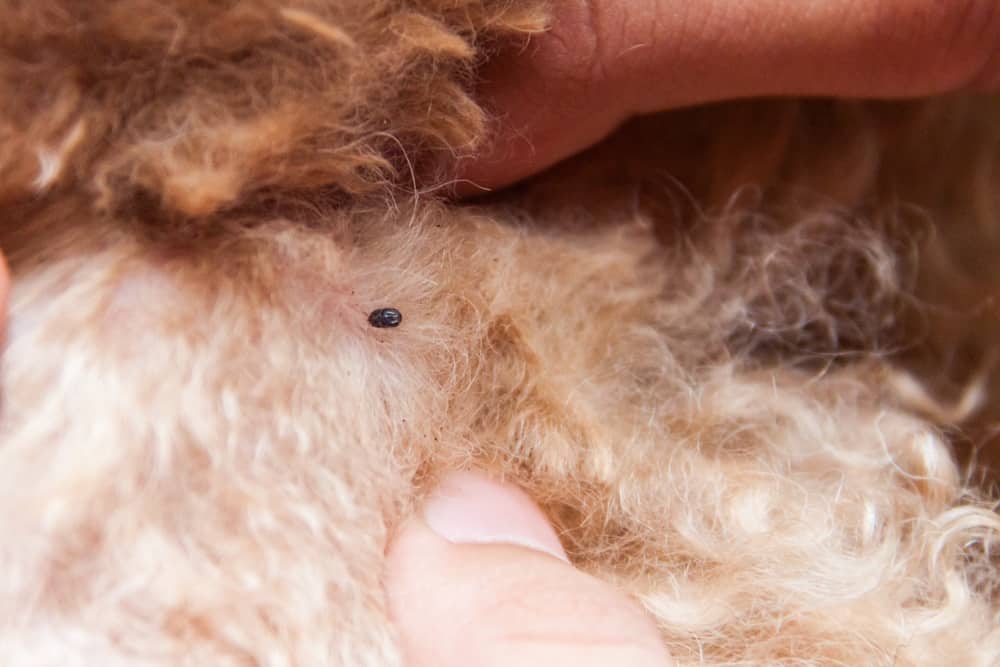A Pet Owner’s Guide To Essential Dog Vaccinations
Vaccination for your dog is essential for its health and your peace of mind. But which vaccines should your dog be given? Core vaccines for Distemper, Hepatitis, Parvovirus, Parainfluenza and Rabies are crucial for all dogs. These vaccines protect against diseases that are not only highly contagious but potentially fatal. This comprehensive guide covers everything … Read more






